A company must have sufficient distributable profits to pay a dividend. Distributable profits are the company’s accumulated profits that are available for distribution to shareholders, after accounting for any losses, taxes, and other liabilities.
The directors of the company must decide whether to recommend a dividend payment and how much to pay. The directors must exercise their discretion in good faith and in the best interests of the company, taking into account various factors, such as the company’s financial position, cash flow requirements, future prospects, and shareholder expectations.
The dividend payment must be approved by the shareholders at a general meeting. The shareholders must pass a resolution to declare the dividend, specifying the amount, the record date (the date on which shareholders must be on the register to receive the dividend), and the payment date (the date on which the dividend will be paid).
| Profit before tax | £10,000 |
| Corporation tax | £1900 |
| Profit after tax | £8,100 |
The £8100 is available for distribution as a dividend. Anything excess would be treated as an illegal dividend and the excess amount would be treated as an overdrawn director’s loan account. This will have tax implications as HMRC chage tax at 32.5% on overdrawn loan accounts.
Legal process on paying dividends
To pay a dividend, you must:
- hold a directors’ meeting to ‘declare’ the dividend
- keep minutes of the meeting, even if you’re the only director
Dividend paperwork
For each dividend payment the company makes, you must write up a dividend voucher showing the:
- date
- company name
- names of the shareholders being paid a dividend
- amount of the dividend
Tax on dividends
Your company does not need to pay tax on dividend payments. But shareholders may have to pay Income Tax if they’re over £2,000.
